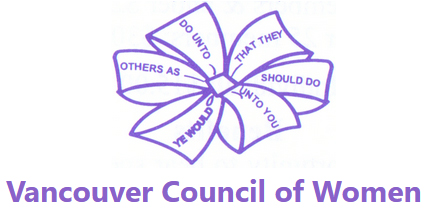By Kerry Gibson, Health Convenor
A huge win for an Ethiopian refugee with asylum status in Canada this week is also a huge win for other landed medical students and health care practitioners as a ruling by Health Canada sets a precedent by granting Dr. Yonas Fetle permission to train in the US and then return to Canada to practice neurosurgery. As this is a federal rather than provincial decision, this looks to be an opportunity for internationally trained health care workers across Canada to overcome current regulatory hurdles toward contributing their skills to the Canadian health care system.
With high profile data breaches becoming the expected norm in recent years, particularly with government-held data being commandeered by unknown entities, there is even more concern regarding the level of data security protecting medical information. The introduction of third party telemedicine services makes medical data even more vulnerable, as there does not seem to be an industry-specific regulatory standard for internal data protection, and those corporate entities could be even more vulnerable to data leaks than the government. British Columbian residents access many corporate services for health care including remote counselling and mental health support. Both the government and the regulatory structures allowing third party private practice to hold sensitive data must reconsider their security protocols and upgrade across the industry to the most stringent of standards with a uniform standard of care to apply to all data systems. Those standards must also include the requirements for regular upgrades and assessments as technology continues to innovate to not allow the opportunity for hacks, domestic or otherwise, to interfere.
Although most Vancouverites may find it surprising that people still smoke cigarettes, the tobacco industry is still a multi-billion-dollar industry with serious health consequences. Health Canada has just announced a new requirement that each individual cigarette now must have a printed health warning but the World Health Organization has taken smoking cessation to a whole other level. “Florence” was originally developed in partnership with New Zealand/Silicon Valley company Soul Machines to assist with smoking cessation through their web platform as an AI human who is able to converse internationally with built-in language recognition. However, the technology has expanded far past that as in 2022 Florence was enhanced to educate the world on numerous aspects of health and mental health care including answering questions on COVID-19 and vaccinations. It is unfortunate that tools such as Florence (recently rebranded as “Sarah”; Smart AI Resource Assistant for Health) aren’t more widely advertised, as access to Florence/Sarah is universal and is set apart from internet rabbit holes that provide misinformation and cause hysteria and confusion. For more information: WHO and partners launch world’s most extensive freely accessible AI health worker and meet Sarah here: S.A.R.A.H, a Smart AI Resource Assistant for Health (who.int)
The Liberal government is proposing a big win for women’s health care by including free contraception in the first phase of a pharmacare reform initiative. The initiative has been backed by the NDP government and now must secure endorsement from the provinces to launch. NDP has stipulated that the initiative must be active by 2025, or they will withdraw their support of the Liberal government. This initiative is imperative particularly if the Conservative party wins the federal election and makes good on statements that access to abortion will be rolled back, however the pharmacare provision will only mitigate partially the damage that could be done to the health and mental health of Canadian women without ready access to such services.

